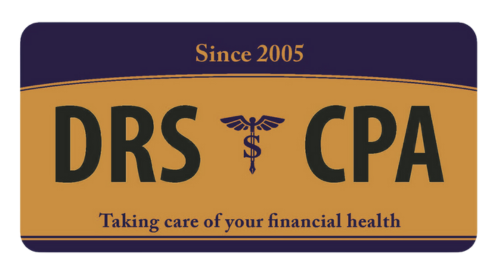
Identity Theft and Your Taxes
Identity theft remains a serious concern for taxpayers, especially during tax season. Criminals often exploit sensitive personal and financial information to commit fraud, sometimes even filing tax returns under a stolen identity to claim refunds. These scams come in various forms, including phone calls, emails, faxes, or letters that impersonate the IRS or related agencies. Being aware of the warning signs and knowing how to respond can help you protect yourself from financial and tax-related harm.
One common scheme is the IRS phone scam, where fraudsters pose as IRS agents and claim you owe money. They often use threats of arrest, deportation, license revocation, or law enforcement intervention to pressure victims into immediate payment. To make their scam seem more credible, these criminals may even manipulate the caller ID to display legitimate-looking IRS phone numbers.
Another frequent tactic is the email phishing scam. In this scenario, you might receive an email that appears to come from the IRS or a related program like the Electronic Federal Tax Payment System (EFTPS). These messages typically contain links to fake websites designed to capture personal data or attachments that may contain malware.
Fraudulent messages may also take the form of “tax transcript” scams, in which an email attachment labeled “Tax Account Transcript” installs harmful software onto your computer. Similarly, you might encounter emails promising a tax refund if you follow certain instructions. In all these cases, the best action is to avoid clicking links or opening attachments. Instead, forward suspicious emails to phishing@irs.gov or report them by calling the Treasury Inspector General for Tax Administration at 800-366-4484.
It is important to remember that the IRS never initiates contact via email, text, or social media to request personal or financial details. It is also rare for the IRS to reach out first by fax or phone. If you receive an unexpected call, you can always verify its legitimacy by contacting the IRS directly at 800-829-1040.
Sometimes, identity theft becomes evident only when a fraudulent tax return has already been filed. Victims may discover the crime if their electronically filed return is rejected because their Social Security Number has already been used, or if they receive an IRS notice stating that multiple returns were filed under their name. Other red flags include being billed for taxes on income you did not earn or learning that IRS records show employment with an unfamiliar employer. In such cases, you must file a paper return and immediately follow up with the IRS.
To formally report identity theft, the IRS requires completion of Form 14039, Identity Theft Affidavit. This form notifies the IRS of the actual or potential identity theft, requests that your account be flagged for suspicious activity, and requires submission of identifying details and proof of identity. Victims can also contact the IRS Identity Theft Victim Assistance (IDTVA) unit at 800-908-4490 for help in securing their tax account.
Another layer of protection is the Identity Protection PIN (IP PIN) Program. This six-digit number is issued annually by the IRS to confirm a taxpayer’s identity when filing returns, preventing criminals from misusing Social Security Numbers. Anyone with a Social Security Number or ITIN can apply for an IP PIN through the IRS website, even if they are not yet victims of identity theft. Once enrolled, you must use your IP PIN for all filings, and a new number will be issued each year.
Sometimes, the IRS proactively assigns an IP PIN if it suspects potential identity theft, mailing the taxpayer a notice. If you receive such a letter unexpectedly, contact the IDTVA to confirm its authenticity. Keep in mind that failure to include a correct IP PIN on your tax return—whether e-filed or paper—will result in rejection or delayed processing.
Identity theft outside the tax system can also put you at risk for tax fraud. Losing a wallet, noticing suspicious activity on your credit report, or falling victim to general financial scams are all signs that your personal data could be compromised. In such cases, it is essential to report incidents to local police, credit card issuers, and the fraud departments of credit bureaus.
Finally, tax planning and awareness play a key role in minimizing risks. Being proactive ensures you are not only in compliance with tax rules but also protected against identity theft threats that could disrupt your financial stability.
